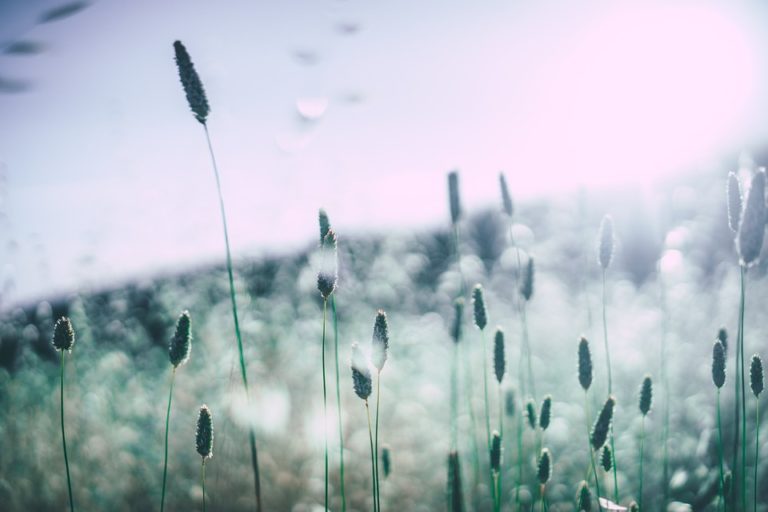
Preventative Care and Wellness
Goodbye, Hay Fever: The Benefits of Acupuncture for Allergic Rhinitis
Undergoing acupuncture for allergic rhinitis may not be the usual way to deal with seasonal allergies, but it’s certainly worth considering. For one thing, not only can it help you deal with allergic reactions, but it can also restore

